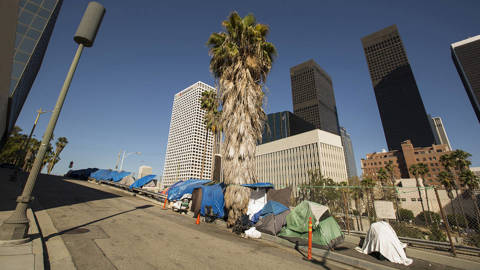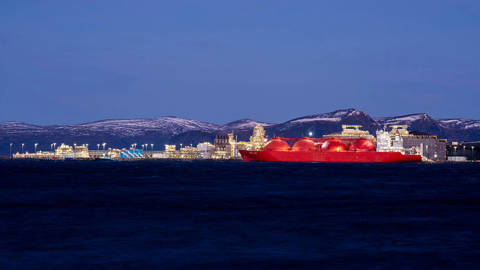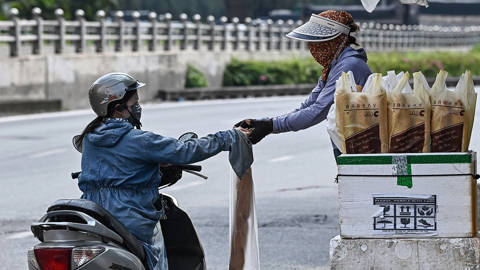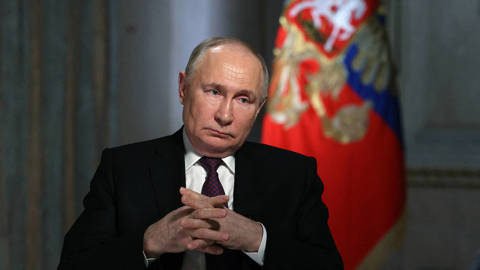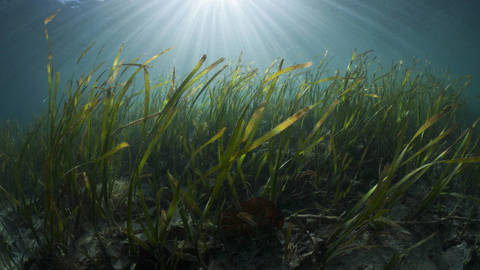The Falklands War’s 30-Year Dénouement
Thanks Jon Russel for your comments. There is a large amount of extrapolation in your comments. I said that the British attitude is illegal since its denial to negotiate contradicts the fundamental obligation to settle international disputes through peaceful means, not because the UK claims (although not followed by relevant UN organs) self-determination. Obviously, each party to a dispute can advance the positions it wishes, but they have to take positive action in order to settle it. This is my point. For the rest, it is a fact that there are more countries in the world recognising Argentine sovereignty than the British claims. Moreover, this is not the revival of an old dispute that was settled by treaty centuries ago. The problem is, precisely, that it has never been settled. When it started, the British government categorically refused to settle it. This was so until 1965, when the UNGA adopted its first resolution within the context of decolonisation.
What you call current illegal actions are not illegal or have not taken place at all. There is no Argentine ban of trade between the islands and the mainland at all. On the contrary, I would say that the Islands’ elite imposes a self-blockade, while rejecting anything having the slightest taste of Argentina. You also rebut arguments I have never raised. I do believe that Argentina is right on the sovereignty issue (this was not the subject of my article: it would require more than few words), but not because the islands are closer to the Argentine mainland than the UK. It’s a matter of State succession with regard to the Spanish sovereignty, the exercise of Argentine sovereignty after independence and the maintenance of its title after the action of 1833, when the UK forcibly expelled Argentina from the Islands. But this would require another article…
